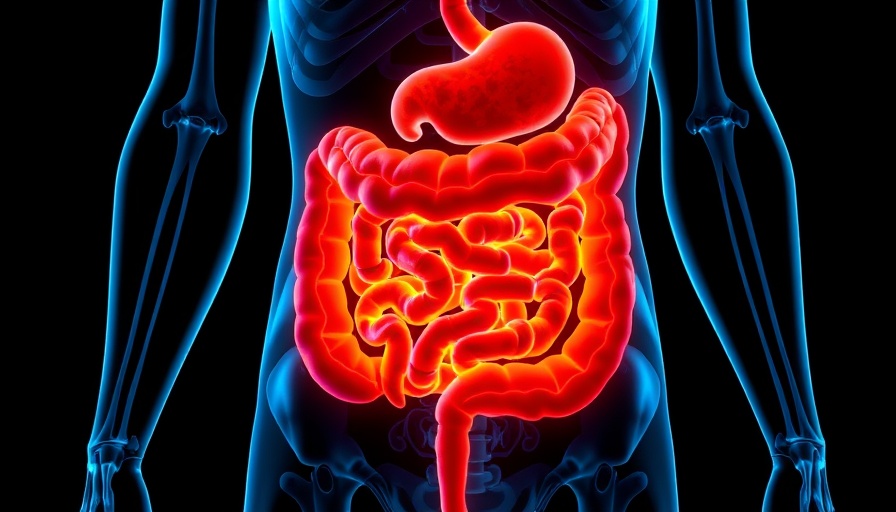
Why Colonoscopies Matter for Autistic Adults
With the alarming statistic that 1 in 25 people are at risk of developing colorectal cancer, it's crucial for autistic adults, especially those reaching certain ages, to consider getting a colonoscopy. This vital screening procedure allows for the early detection of precancerous growths, significantly reducing the chances of colorectal cancer-related mortality by 88%.
My Personal Journey: Facing Fears Head-On
Initially, the mere thought of undergoing a colonoscopy filled me with dread. As someone not only autistic but also grappling with various autoimmune and physical disabilities, I felt that the combination of anxiety, fear of anesthesia, and the prospect of a hospital visit was too overwhelming. Would I even be able to handle the prep, which often involves drinking unpleasant liquids? Yet, despite these apprehensions, I learned that it is possible to confront these fears and successfully navigate the experience—the key is preparation.
Understanding the Prep: A Step-by-Step Approach
The preparation for a colonoscopy is often cited as the most challenging aspect of the procedure. However, with careful planning, it can be managed effectively. This starts with understanding your individual digestive patterns, especially for those of us with slower digestive motility. For my prep, I worked closely with my doctor to choose the right strategy, beginning my regimen a week prior to the procedure by gradually increasing laxatives and fluid intake. This proactive approach helped ease my anxiety and gave me a sense of control over the situation.
Community Support: Sharing Experiences for Success
While preparing for my colonoscopy, I reached out to others who shared similar challenges related to both autism and physical disabilities. Exchanging insights and tips proved invaluable. Hearing from someone who had gone through the experience successfully gave me hope and practical tips that made my journey smoother.
Demystifying the Procedure: What to Expect
Understanding what occurs during a colonoscopy can alleviate fears and anxiety. In essence, you will be sedated, which means you won’t feel discomfort during the insertion of a camera to inspect your colon. An essential part of the process is ensuring that your colon is clean, necessitating a low-residue diet leading up to the exam. Knowing what to expect can transform an intimidating experience into a more manageable one.
Building a Support System: Navigating Healthcare as an Autistic Adult
Having a trusted support person during this process can make a significant difference. Whether it’s someone to accompany you during appointments or just someone to vent to, having your circle of support can boost your confidence and ensure that your needs are met throughout the process.
Action Steps: Empower Yourself to Take Charge of Your Health
For anyone hesitant about getting a colonoscopy, I emphasize the importance of empowering yourself with knowledge and support. Seek out information, ask questions, share concerns, and tap into resources available in your community. Remember, your health is an investment in your future, and taking proactive steps now can lead to significantly better health outcomes.
Conclusion: A Call to Action
Don’t let anxiety and fear hold you back from essential healthcare screenings. Educate yourself, reach out for support, and take the necessary steps that can lead to a healthier future. A colonoscopy may seem daunting, but as my journey shows, it can be approached successfully with the right preparation and mindset.
 Add Row
Add Row  Add
Add 




 Add Row
Add Row  Add
Add 

Write A Comment